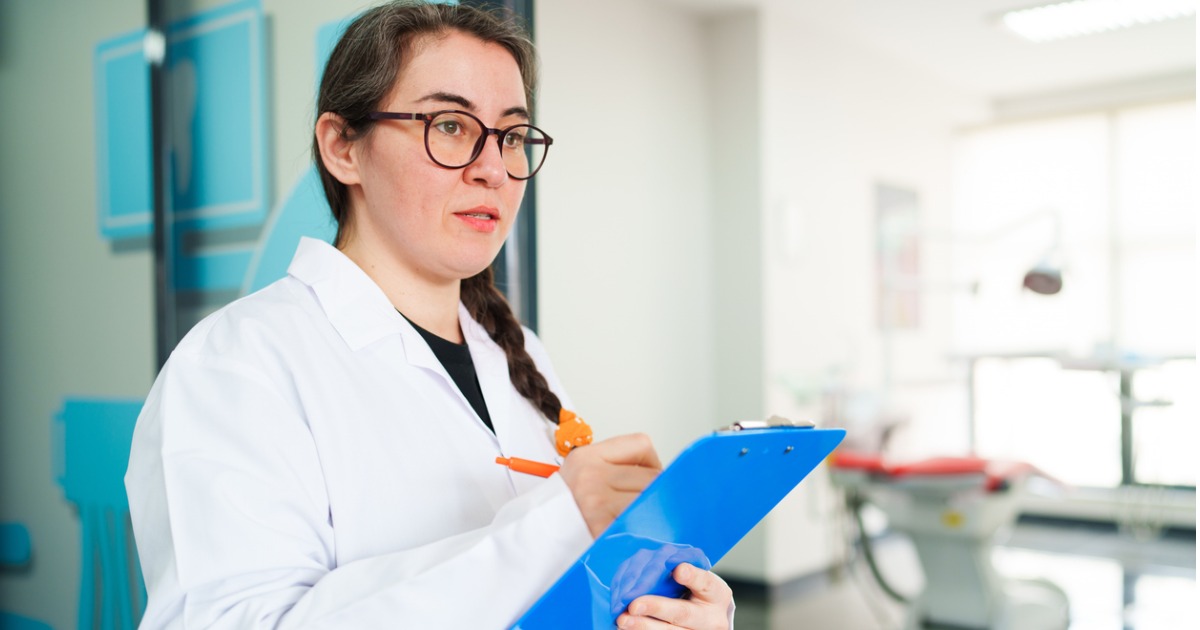A California dentist and CDA member contacted CDA in late July to share information about an invoice he received for dental supplies he did not order. Because the dentist pays his own invoices, he immediately recognized the bogus invoice from a bogus company — $1,400 for 1,000 gloves from Premier Med Supplies — and, naturally, did not pay it. The dentist said the company’s phone number directs to an AI-generated message telling the caller to email the company with any questions. The invoice gave the location of Boca Raton, Florida, but these details can change.
‘Fake invoices’ commonly target small businesses
The “fake invoice” is one of the more common scams targeting dental offices and other small businesses, according to the Federal Trade Commission.
CDA reported on a scam that targeted multiple dental practices in Central and Southern California in 2019, with one practice receiving an invoice for $252 for a three-pack of glucose test strips it did not order.
But dental practices and others on the receiving end of the scam can take simple steps to both report the scam and avoid falling victim to it.
Teresa Pichay, senior regulatory compliance analyst at CDA, says that although sending a letter to the invoicing company is not required, “it is usually the fastest way to put a stop to the company’s practice.”
Businesses invoiced for supplies they didn’t order have rights
Member-dentists who receive an invoice for materials they didn’t order can sign in to use CDA’s Receipt of Unsolicited Products or Services to notify the company that the practice reviewed its records, determined that it did not order the invoiced material that was delivered to them and will be exercising its rights under federal and state law to use or dispose of the merchandise as the practice sees fit. Businesses that receive invoices for unordered goods are not required to pay for them under any circumstances.
“Keep a copy of the letter,” Pichay advises. If the company asks that the product be returned, Pichay says it is OK to do so “as long as the company pays for all return-shipping costs.”
If the dental practice sends a letter but continues to receive invoices for the unordered product, the practice can choose to file a formal complaint with the FTC or the California Office of the Attorney General. Additionally, dentists can report mail fraud to the U.S. Postal Service for any unordered merchandise sent via USPS.
Inspect invoices, train staff to avoid paying for unordered supplies
“The scammers hope that the busy dental office will see familiar product names or product types, assume someone ordered them and pay the invoice,” Pichay says. “Don’t make that mistake.”
FTC guidance encourages small businesses to always inspect their invoices and to train their staff to recognize the scam. Practices might, for example, compile a list of companies they typically order supplies from, which will be especially helpful if they don’t have a purchase order system in place. They might also designate one or two employees to approve purchases and pay bills since these team members would be most likely to recognize an unfamiliar supplier or questionable order
Use CDA’s Sample Letter: Receipt of Unsolicited Products or Services.

